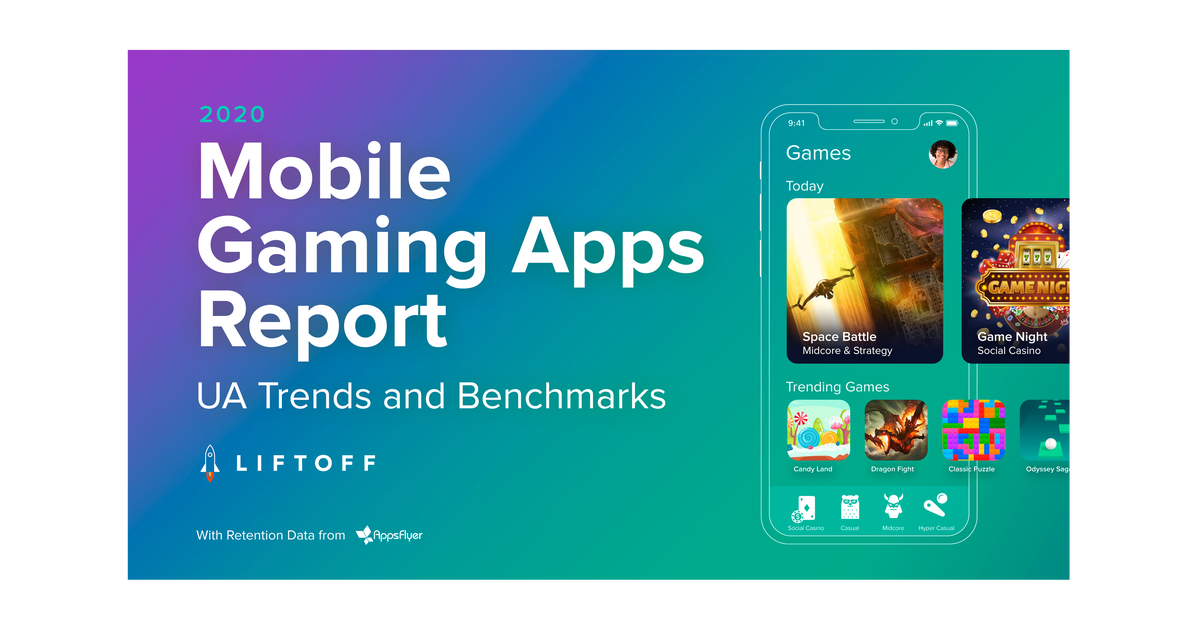The Best Places To Work Awards is all about highlighting the best video games companies in the UK for how they look after and support their staff — a topic that has come under intense scrutiny this year.
The Black Lives Matter movement has caused us to look at ourselves and how we treat people from marginalised backgrounds, and we’ve not always liked what we’ve seen. Abuse scandals from some of the leaders in our business continue to be exposed, raising questions around the culture and practices of some of the companies operating in our space. And then there’s COVID-19, which has forced the entire games industry to learn to operate from home, creating challenges around communication, mental health, and even crunch.
The Best Places To Work Awards exists to discuss, support, and try to find a path forward through all of this. We do this through talks, conference sessions, features like this one, and we also provide feedback to the companies who take part in the awards, win or lose.
These awards also do something else. They remind us that for all the troubling headlines, at the right company, this can be a wonderful industry to work in. We had over 70 companies participate in these awards, and we surveyed more than 4,000 staff in reaching our winners.
Across all of those 4,000+ respondents, 91% said they were happy with their employer. Only 4% said they weren’t, while the rest didn’t give an opinion.
84% said they look forward to going to work most days, versus 5% who don’t. 91.5% said they feel secure in their jobs, which is quite a remarkable statistic during a pandemic-induced lockdown. Another 91.5% trust their boss and 86% have confidence in their leadership. Those are great statistics.
There were some lower scores. Only 75% said they got the initial training that they needed. 76% said deadlines were realistic. 71% said staffing levels were adequate, and 78% felt that their company did enough to support minority groups.
These are of course all from companies who volunteered to take part in these awards, so these figures are going to skew higher than if we were able to survey everybody everywhere. But what they show us is that the sort of bad experiences and abusive employers that make headlines are not the norm. Over these pages, you will read interviews with all 15 of our badge winners, to help understand what it takes to be a great place to work in 2020. And so that we can keep raising the bar for games industry employees across the country.
How The Awards Are Judged
We judge these awards by sending all employers a questionnaire to fill in. We ask them factual things, like how much they pay their staff, what benefits they offer, what their maternity leave is like, and much more. That survey is long and extensive and worth 25% of the final score.
The rest of the awards are judged by our employee satisfaction survey. Here we gave existing employees 50 statements that we asked them to agree or disagree with. Statements such as ‘I can trust my boss’ and ‘I do not feel discriminated against’. This part of the judging is worth 75% of the final score.
Additionally, we have red line areas. We look specifically at comments (if there is any) and scores around things like discrimination and crunch, areas that might only affect one department or a small proportion of the team. If a company’s average crunch score is 3.4 or below (out of 4), then they are ineligible for the award. If we see that more than two employees from marginalised backgrounds feel discriminated against, again, that is a ‘red line fail’.
Companies must score over 85% on their surveys, and pass these red line areas, to win an award.


